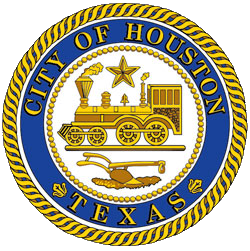HOUSTON – The U.K. variant (B.1.1.7) of the virus that causes COVID-19 was detected at most City of Houston wastewater treatment plants, suggesting ongoing and uncontrolled community spread of the more contagious strain of the virus, the Houston Health Department announced Monday.
Samples collected on February 22 detected the U.K. variant at 31 of the city’s 39 wastewater treatment plants. That’s an increase from February 8 when it was detected at 21 of the treatment plants.
“The prevalence of the U.K. variant in our wastewater shows it’s actively spreading in our city,” said Dr. David Persse, chief medical officer for the City of Houston. “This is another clear indication that we must continue to mask up, practice social distancing, wash our hands, get tested and, get vaccinated when possible.”
Of the wastewater samples collected on February 22, approximately 19 percent detected the U.K. variant.
“I am concerned about this new data on the U.K. strain of the virus in Houston, especially at a time when the State of Texas is easing mandates on measures proven to reduce transmission and ultimately save lives,” said Mayor Sylvester Turner. “Despite the mixed messaging, this is a clear indication that it is too soon to stop requiring masks in public places. I urge all Houstonians to continue masking up to protect their families and community.”
The Houston Health Department and Houston Water started testing the city’s wastewater for the original strain of the virus in May 2020 to more quickly identify emerging outbreaks and pinpoint precise locations for interventions to break chains of transmission.
People who have COVID-19 shed virus in their feces, regardless of symptoms.
The project is a partnership with leading wastewater and data scientists from Rice University and Baylor College of Medicine.
Wastewater sample results for other highly transmissible variants, including the South Africa, Brazil, and California variants, are pending.
Nine cases of the U.K. variant, one case of the South African variant, two cases of the Brazil variant, and 11 cases of the California variant are currently confirmed in Houston.
Not all laboratories test for variant strains, and those that do have limited capacity.
